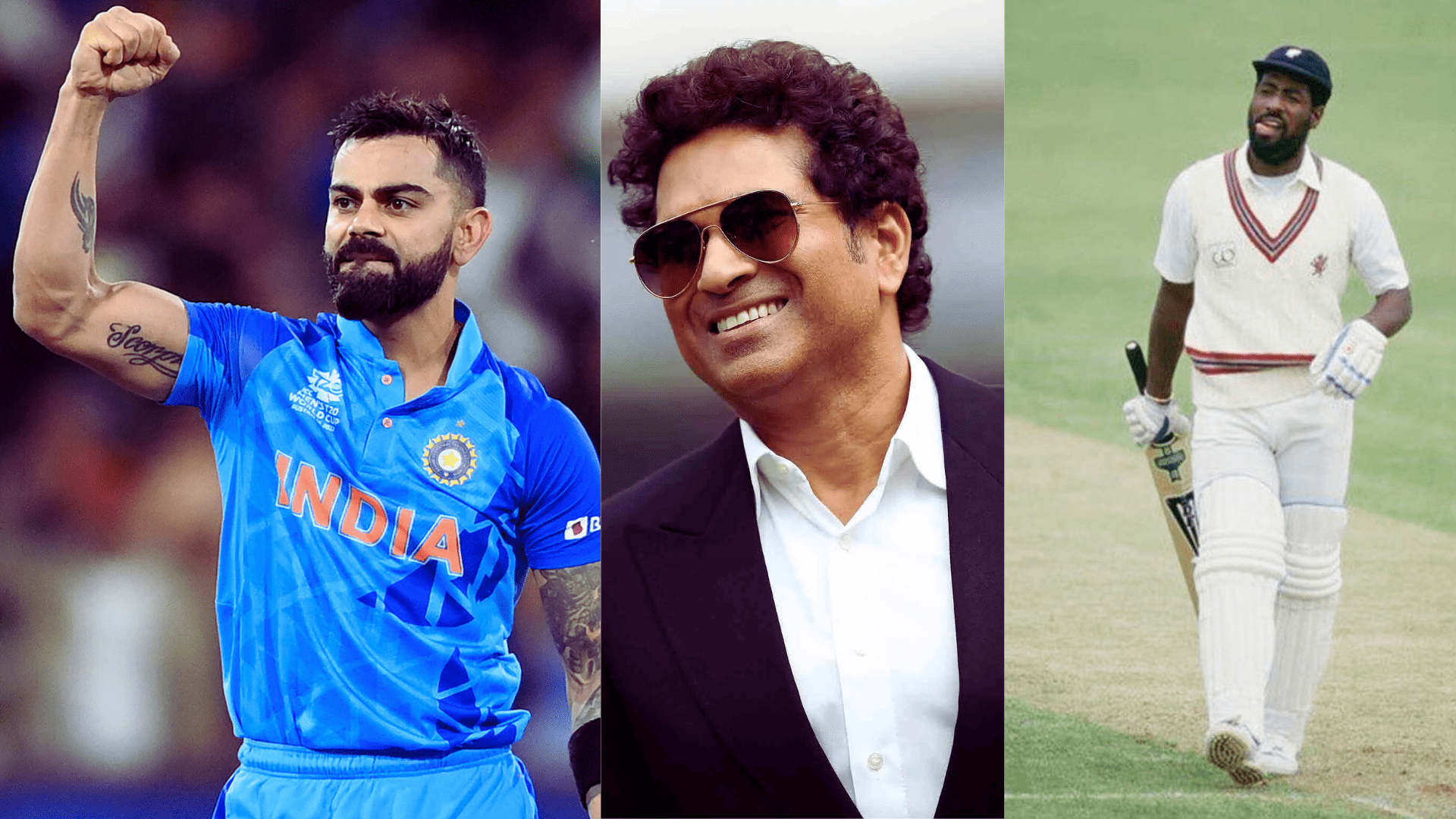The term “King of Cricket” is widely recognized within the cricketing community and refers to a cricketer who exhibits exceptional skill, performance, and influence in the sport. Over different generations, several players have been considered for this title due to their outstanding contributions to cricket. In recent discussions, Virat Kohli is often hailed as the current “King of Cricket” because of his formidable batting skills, remarkable consistency, and the significant impact he has made in the cricket world. Kohli’s achievements include scoring over 26,000 runs and hitting more than 70 centuries across all formats of the game, positioning him as one of the greatest batsmen in the history of cricket. In previous generations, legends like Sachin Tendulkar and Vivian Richards were also called the ‘King of Cricket’, showing that the title is not bound to a single individual but can represent the pinnacle of cricketing excellence in any era.
The Contenders
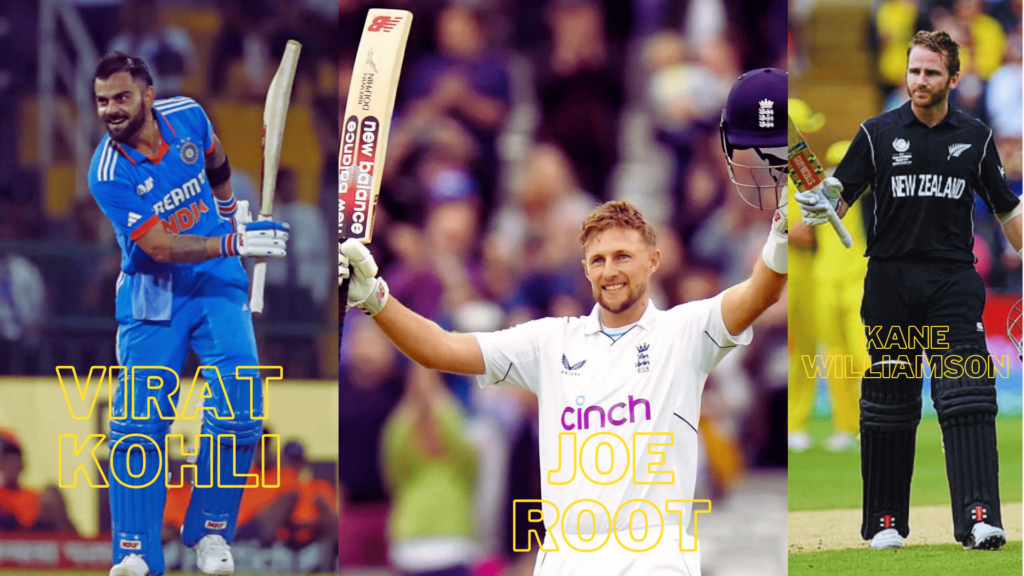
In the realm of cricket, several players have stood out in recent times, each bringing their unique contributions to the sport. The contenders for the title of “King of Cricket” as of 2023 include:
- Virat Kohli: Known for his remarkable consistency and ability to shatter records, Kohli experienced a notable year in 2023, marking a journey of redemption filled with unforgettable feats and milestones.
- Kane Williamson: Recognized for his finesse and leadership on the field, Williamson has been a key figure in New Zealand cricket, known for his calm demeanor and strategic mind.
- Joe Root: The English batsman has seen a resurgence, showcasing his skill across formats with an impressive ability to anchor innings and play pivotal roles for his team.
While legends like Sachin Tendulkar have been revered in the past, the current generation showcases its cricketing heroes, each with a claim to the title of “King of Cricket” based on their performances and influence on the game.
The Case for Sachin Tendulkar
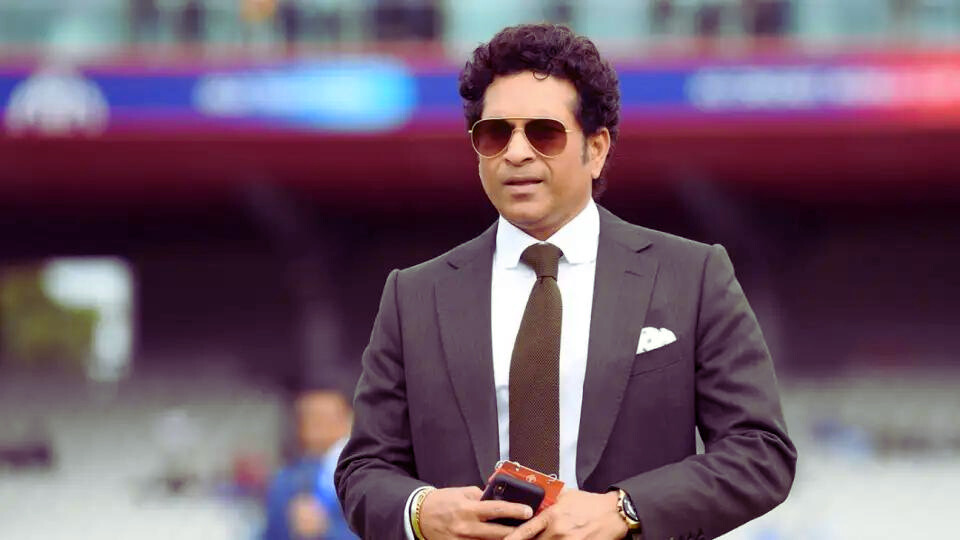
Sachin Tendulkar, often hailed as one of the greatest batsmen in the history of cricket, has a career that spans over two decades, filled with monumental achievements. His stats and records speak volumes of his mastery and impact on the game:
- Test Cricket: Played 200 matches, showcasing his longevity and consistent performance at the highest level.
- ODI Cricket: Appeared in 463 matches, underlining his dominance in the limited-overs format as well.
- Run Scorer: Tendulkar is the all-time highest run-scorer in both ODI and Test cricket, amassing more than 18,000 runs in ODIs and a substantial tally in Tests as well, illustrating his unparalleled ability to accumulate runs against all oppositions and in all conditions.
Tendulkar’s impact extends beyond mere numbers; he inspired a generation to take up cricket, brought countless moments of joy to fans worldwide, and carried the expectations of a billion Indians every time he walked out to bat. His dedication, humility, and sportsmanship have made him not just a legendary cricketer but also a revered figure in sports.
Memorable Moments
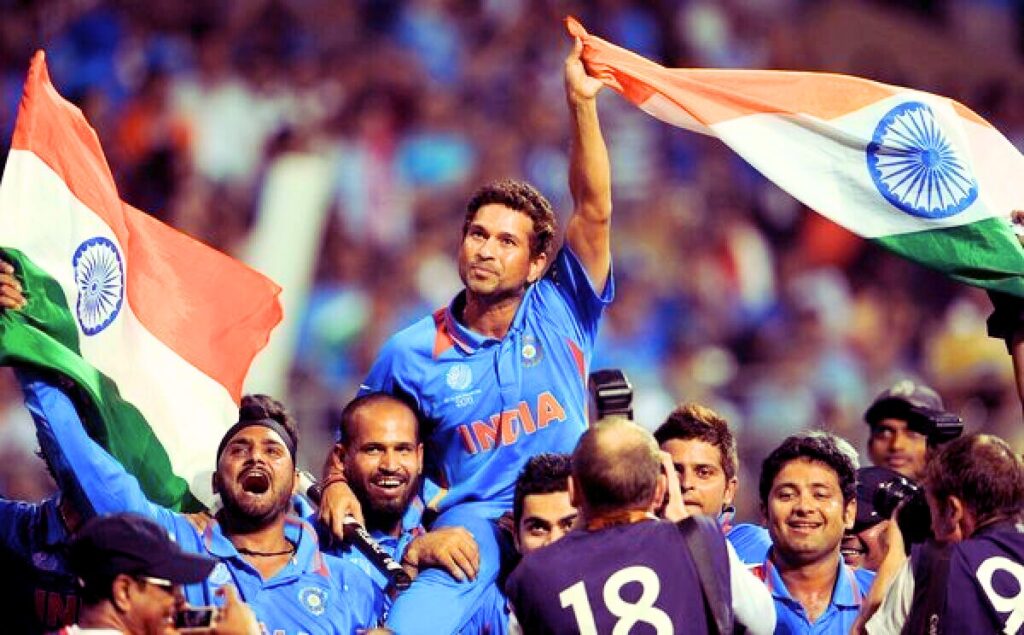
Sachin Tendulkar’s illustrious career is studded with countless memorable moments and key achievements, making him a cricketing legend. Here are some highlights:
- Debut and Early Impact: Tendulkar’s career started with hype from former Indian stars, recognizing his potential early on. His consistent performances soon justified the expectations.
- World Cup Heroics: He was declared the player of the tournament in the 2003 ICC Cricket World Cup, showcasing his excellence on cricket’s biggest stage.
- IPL Brilliance: Even in the twilight of his career, Tendulkar shone in the IPL, winning the Best Batsman and Best Captain awards at the 2010 IPL Awards ceremony.
- Record-Breaking Runs: Tendulkar is universally regarded as one of the best batsmen of all time, holding significant records, including the highest run-scorer in both Tests and ODIs.
Through these achievements and many more, Tendulkar has left an indelible mark on the world of cricket, inspiring generations of players and fans alike.
The Case for Virat Kohli
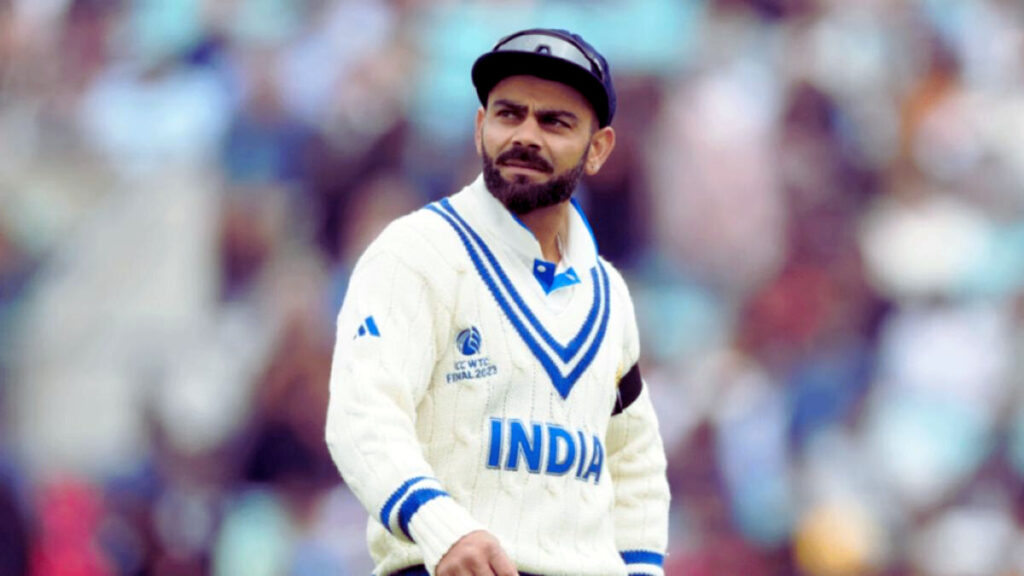
Virat Kohli, a cricketing icon, has an illustrious career that combines remarkable stats with exemplary leadership qualities. Key highlights include:
- Record Breaker: Kohli’s career is filled with records, such as the fastest century in ODIs, underlining his status as a batting powerhouse.
- Leadership Qualities: His captaincy is noted for its vision and influence, reflecting qualities of good leadership like self-awareness, respect, and compassion. These attributes have significantly contributed to the success of his teams.
- Statistical Excellence: Kohli’s statistical achievements are a testament to his skill, showcasing a blend of classical cricketing prowess with modern-day aggression.
Through his career, Kohli has not only set benchmarks in batting but has also exemplified the essence of leadership in cricket, making a compelling case for his prominence in the sport.
Breaking Records
Virat Kohli, an icon of modern cricket, continues to redefine excellence with his remarkable achievements. Among his numerous records, he has:
- Achieved a staggering career total of 8,848 runs by 2024 in Test cricket, showcasing his consistency and skill across formats.
- Positioned himself to become the fastest batter to reach specific milestones, highlighting his relentless pursuit of greatness.
- Demonstrated all-round excellence in batting and fielding, with over 5,000 runs and 50 fielding dismissals, illustrating his comprehensive contribution to the game.
- Emerged as the player with the most centuries in the Indian Premier League (IPL), underscoring his dominance in one of cricket’s most competitive arenas.
- Set his sights on surpassing 9,000 Test runs, a testament to his exceptional talent and resilience.
These milestones only scratch the surface of Kohli’s illustrious career, as he continues to inspire with his dedication, skill, and leadership on and off the field.
The Case for Sir Viv Richards
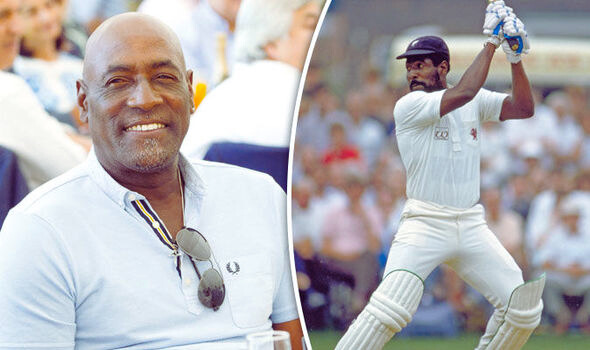
Sir Viv Richards is celebrated not just for his outstanding batting average but for the transformative impact he had on cricket. His style was distinguished by sheer power and aggression, making batting not just a skill but an art form that entertained and inspired. Richards’ approach to the game, characterized by fearlessness and a refusal to wear a helmet even against the fastest bowlers, spoke volumes about his confidence and bravado. This aggressive batting style not only set him apart from his contemporaries but also laid a blueprint for future generations, emphasizing the psychological aspect of dominance in cricket.
Richards’ influence extended beyond individual performances; he encouraged teams to adopt a positive and aggressive approach, a philosophy that has been acknowledged and embraced in the modern game. His legacy is not just in the records he set but in the fearless spirit he instilled in cricket, an enduring testament to his status as one of the game’s greatest ambassadors.
Trailblazer in ODI Cricket
Sir Viv Richards’ legacy in One Day International (ODI) cricket is unparalleled. He was instrumental in defining the aggressive batting style in ODIs, setting benchmarks that inspired future generations. Richards’ highest ODI score, which stood as a record for years, showcased his dominance in the format and his ability to single-handedly change the course of a match. His fearless approach and remarkable ability to accelerate the scoring rate made him a central figure in West Indies’ ODI cricket during his era.
Wisden recognized Richards as the greatest ODI batsman of all time in 2002, a testament to his profound impact on the game. Beyond batting, Richards also contributed with the ball, taking 99 wickets in his ODI career, showcasing his versatility and importance to the team. His achievements and playing style have left a lasting legacy in cricket, illustrating the potential of aggressive and entertaining cricket in the shorter format of the game.
What Makes a King?

The qualities that define the greatest in cricket blend both tangible and intangible elements, marking the transition from a good player to a legendary figure in the sport:
- Technical Skill: Mastery of the basic and advanced skills of cricket, including batting, bowling, and fielding techniques, is fundamental.
- Mental Toughness: The ability to maintain focus, composure, and determination under pressure, which is crucial in turning challenging situations into victories.
- Leadership and Charisma: Inspiring team members through personal performance, strategic acumen, and the ability to connect on a personal level, thereby enhancing team cohesion and morale.
- Statistical Excellence: Beyond just runs or wickets, the quality of performances against top teams and in crucial matches adds to a player’s legendary status.
- Physical Fitness and Commitment: Staying at the peak of physical fitness to endure the rigors of international cricket and a commitment to constantly improve are key traits of cricketing legends.
- Dignity and Integrity: Playing the game with respect, maintaining sportsmanship, and upholding the spirit of cricket contribute significantly to a player’s legacy.
These qualities combined create a cricketing legend, admired not only for their on-field exploits but also for their character and impact on the sport.
Talent and Hard Work
In the quest for success, the interplay between talent and hard work is pivotal. Talent, while a significant head start, is merely a foundation. Without hard work, talent remains unrefined and potential unfulfilled. Conversely, hard work can elevate and expand talent, pushing the boundaries of what’s achievable.
66% of people believe hard work can outshine natural talent, indicating a strong societal belief in the power of perseverance. Hard work not only enhances talent but can also compensate for its absence, making it a crucial factor in reaching success. Yet, recognizing one’s limits is vital; it’s the synergy of hard work and talent that often leads to extraordinary achievements.
Ultimately, while people might initially reward innate talent, enduring success, and legacy are built on the bedrock of hard work, underscoring its might over mere talent.
Leadership and Influence
In the realm of cricket, leadership and influence extend far beyond the scoreboard, shaping legacies that last a lifetime. Leaders like Saurav Ganguly, MS Dhoni, Jasprit Bumrah, and Imran Khan exemplify how impactful leadership on and off the field can cement a player’s status as a true king of the sport.
- Saurav Ganguly demonstrated that leadership is about creating a legacy that transcends personal achievements, impacting the sport and its culture.
- MS Dhoni’s calmness under pressure and his ability to unify and motivate his team has made him a role model for aspiring cricketers, showcasing the power of leading by example.
- Jasprit Bumrah illustrates that mastery in one’s craft, coupled with leadership qualities, can inspire both teammates and the next generation, on and off the field.
- Imran Khan, through his skilled strategy and team play, has left an indelible mark, showing how sporting excellence can lead to significant roles in public service and national leadership, further broadening the impact of a sporting legend.
The true essence of a king in cricket lies not just in records or achievements, but in the ability to lead, inspire, and influence, on and off the field.
Consistency Across Formats
The hallmark of cricketing royalty isn’t just prowess in a single format but consistency across Tests, ODIs, and T20s. Each format tests a player’s skills uniquely:
- Test Cricket is seen as the ultimate measure of a player’s technique and temperament. The ability to play the red ball, which swings more, demands high skill levels and patience.
- One Day Internationals (ODIs) and Twenty20s (T20s), meanwhile, require adaptability and the skill to switch gears between aggression and defense based on the match situation. The T20 format, in particular, emphasizes boundary scoring due to its restricted number of balls.
- The debate on the importance of Test cricket over ODIs and T20s highlights that all formats have their specialty, but Test cricket is considered the greatest test of a cricketer’s skill.
- England’s cricket team exemplifies how a balanced approach across formats can be achieved, maintaining high batting efficiency scores across Tests, ODIs, and T20s.
The true “King” of cricket can adapt, excel, and consistently perform across all formats, showcasing versatility, resilience, and strategic acumen.
The Fans’ Role
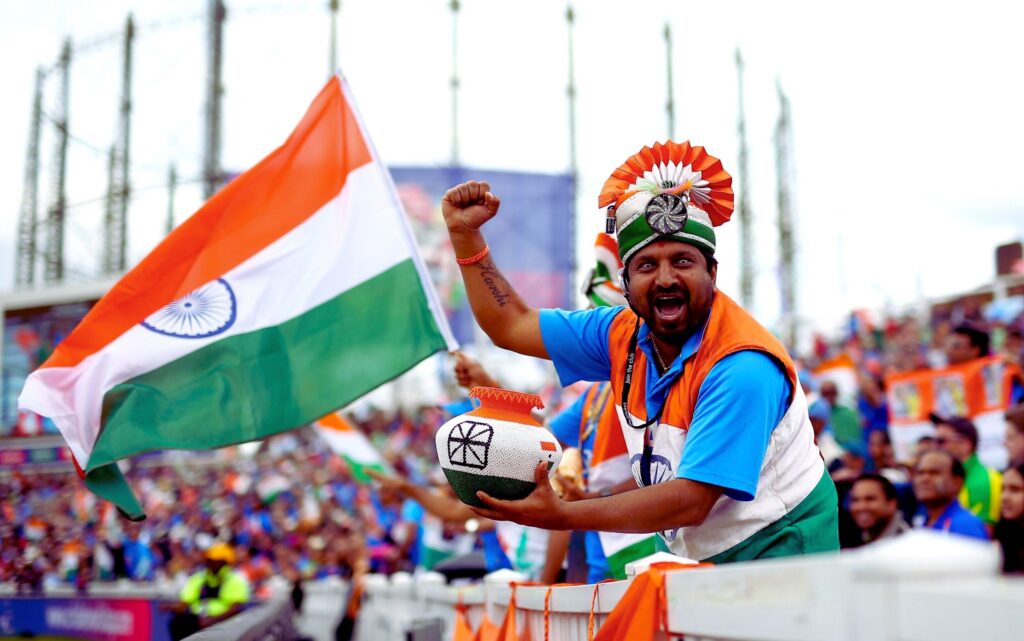
The influence of fan opinion on athletes, particularly as they approach retirement, is profound and multifaceted. Research into the retirement of Premier League basketball players has shed light on how fan perception can significantly impact athletes’ perceived age and their retirement decisions. Fans’ engagement and their emotional investment in sports create a unique dynamic where athletes are not only performing for their teams but also for their supporters. This relationship is deeply rooted in the culture and consumption of sports, where fandom plays a critical role in shaping athletes’ careers and legacies.
The power of sports and fan engagement extends beyond the field or court, influencing everything from athletes’ performance to their personal lives. Fans’ presence and cheering have been proven to positively affect athlete performance, highlighting the crucial role fans play in sports. As such, fan opinion and engagement are not only central to the sports experience but also to the athletes’ success and decision-making processes.
Popularity vs. Performance
In cricket, the interplay between a player’s popularity and performance is significantly influenced by fan opinion and public perception. Indian cricket fans, for instance, have been noted for their strong affinity towards individual players, sometimes more than the team itself, which reflects a shift in focus that began over a decade ago. This personal attachment can skew the perception of a player’s value, elevating their status based on popularity rather than purely on performance metrics.
The direct impact of fans on players’ confidence and performance cannot be understated. The presence of supportive fans in stadiums has been shown to boost players’ morale, positively affecting their game performance. Moreover, live cricket scores and the scrutiny by fans, fueled by instant access to performance data, exert additional pressure on players to perform, intertwining their popularity with their on-field success.
This dynamic demonstrates how public perception and fan engagement not only contribute to a player’s popularity but also influence their performance, creating a cycle where both factors are interdependent and vital to a player’s career in cricket.
The Role of Social Media
Social media has fundamentally altered how cricket achievements are celebrated and discussed, enhancing fan engagement and shaping the sport’s landscape. These platforms enable real-time interactions among fans, fostering a community that shares opinions, celebrates milestones, and supports players. Furthermore, the immediacy and reach of social media amplify players’ achievements, allowing fans worldwide to partake in these moments as they happen.
However, this increased visibility comes with its challenges. Players now face added pressure from social media scrutiny, where every action can be critiqued by a global audience. This has introduced a new dynamic in the player-fan relationship, where athletes are more directly accountable to their supporters but also more vulnerable to criticism and trolling.
The democratization of sports viewing and commentary through social media channels has significantly changed the sports experience, making it more interactive and engaging for fans. This shift underscores the crucial role fans play in the digital arena, not just as passive spectators but as active participants in celebrating and critiquing the game of cricket.
Concluding Thoughts
The debate comparing Virat Kohli and Viv Richards encapsulates the evolution of cricket across different eras. Both players, legends in their own right, have defined and dominated the game during their times. Sunil Gavaskar and others see a reflection of Viv Richards in Kohli, not just in their aggressive playing style but also in their ability to lead and inspire their teams under pressure. Their impact transcends mere statistics, shaping the very spirit and competitiveness of cricket.
The comparison, however, is nuanced by the recognition of the vastly different contexts— from the bowlers faced to the conditions played in, each had unique challenges and advantages. While it is tempting to seek a definitive answer on who is the “king” of cricket, perhaps it is more fitting to appreciate each player’s unique contribution to the sport.
The real winner in this debate is cricket itself, having been graced by two of the finest talents to ever play the game. Each era finds its icons, and both Richards and Kohli have indelibly marked their periods with excellence that continues to inspire future generations.
Read also: Who Wrote Mahabharata
FAQs
Q. Who has scored the most runs in international cricket?
Sachin Tendulkar holds the record for the most runs in international cricket.
Q. Which cricketer has the best average in ODIs?
Among players who have played a significant number of matches, Virat Kohli has one of the best batting averages in ODIs.
Q. Who changed the face of ODI cricket?
Sir Viv Richards is often credited with revolutionizing the ODI format with his aggressive batting style.
Q. Can a bowler be considered the King of Cricket?
While batsmen often dominate the discussion, bowlers with extraordinary records and impact on the game, like Wasim Akram or Shane Warne, are also considered cricket royalty by many.
Q. Is the title of King of Cricket officially awarded?
No, the title of “King of Cricket” is more a term of reverence and respect by fans and pundits and isn’t an official award or title.
